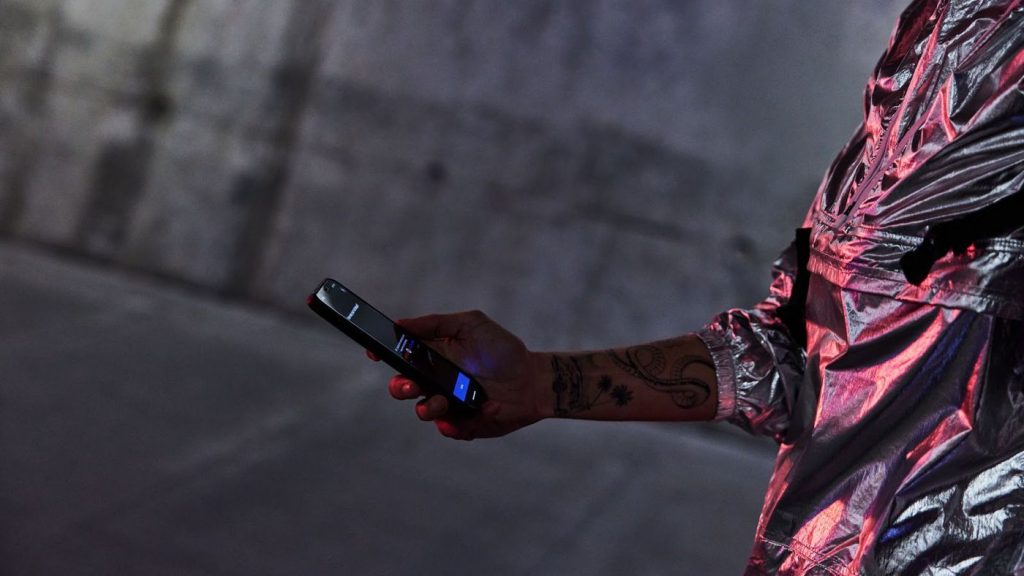One of the biggest problems resulting from social isolation is the lack of physical exercise. Overnight, people had to lock themselves at home and stop activities in gyms, parks and indoors. That’s when apps came out in the field to help people stay healthier.
Many companies that have already provided services at a distance for those wishing to stay out of the gym environment have seen their customer base explode in the pandemic. And it suits all types of tastes: from those who provide video lessons to be duplicated at home to those who use artificial intelligence (AI) to create customized training based on the client’s need.
An example is Freeletics, a pioneer in the remote sports sector, whose customer base saw an increase of 1 million Brazilian new users during a forced quarantine. The German app already has more than 3.6 million people here, making Brazil one of the main markets for the company.
On average, according to the data from the platform, the average age of Brazilians who reach it is 27 years old, who want to burn fat, gain muscle and improve their physical fitness. Most of them (26.31%) train once a week, between 6 pm and 7 pm, but that’s better than nothing, right?
The app uses artificial intelligence to assemble specific training sets for each user, based on the information processed by The algorithm. Upon registration, a person fills in data such as age, weight, height and goal: to lose weight, relieve stress, increase stamina and improve their mental strength. You can even decide whether everything will be done at home, with or without equipment, or outdoors. From that, let the technology take care of the rest and follow the training literally.

According to the company, training plans can be adjusted according to people’s realities, which helps maintain focus. “The algorithm integrates the guidance and insights of a team of real sports scientists to deliver a comprehensive training experience and a more realistic personal trainer in your pocket,” says Daniel Sobhani, CEO of Freeletics.
Exercises Yes, but with caution
Physical exercise at home is recommended to avoid exposure to the COVID-19 virus and to help maintain mental health, but it should be performed under the supervision of a doctor or physical education professional. This is because if the motions are done the wrong way, they can cause more harm than good.
Osteopath Tales Ruiz notes that the percentage of people who experience pain during the pandemic has increased because they are exercising anyway. Lots of people search the internet or watch videos on Youtube Are able to perform physical activities, but end up contracting injuries.

It emphasizes that everything must be done correctly, and to avoid improvisation. “In the gym, the equipment is designed to exercise those specific muscles. If you don’t have dumbbells at home, it is better to do strengthening exercises on the floor, rather than trying to carry a bag of rice, for example, or conditioning things that weren’t made for sports,” Ruiz explains.
Regardless of your goal, it is important to start slowly, otherwise the next day will be very difficult, with a lot of pain and frustration to continue with physical activities. Stretch before and after the sessions and stop immediately if you feel severe pain. So, should we train?
Have you tried exercises online? Can you keep up with the routine or leave it aside? Leave your comment below and share your opinion with us.
Did you like this article?
Subscribe to your email at Canaltech to receive daily updates with the latest news from the world of technology.

“Hardcore beer fanatic. Falls down a lot. Professional coffee fan. Music ninja.”






More Stories
The law allows children and adolescents to visit parents in the hospital.
Scientists pave the way for the emergence of a new element in the periodic table | World and Science
Can dengue cause hair loss? Expert explains how the disease affects hair